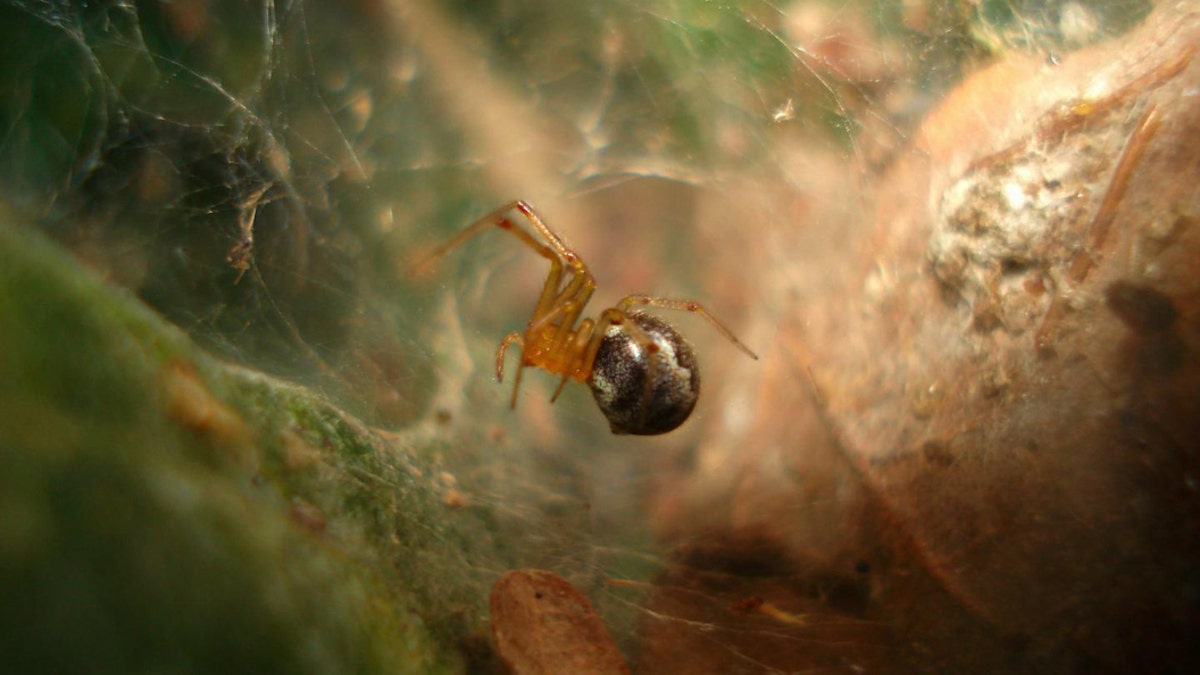
The spider, known as Anelosimus studiosus, which lives along the Gulf and Atlantic coasts of the United States and Mexico. (Credit: Thomas Jones)
Extreme weather conditions may be encouraging an increase in angry spiders populations, according to a new study.
Freak events like tropical cyclones could be having an evolutionary impact on spiders in storm-prone regions, which are already areas where the most aggressive spiders have the best odds of survival.
Researchers from McMaster University in Canada studied the behavior of spiders living in areas where extreme weather conditions constantly change their habitat.
Lead author of the study and evolutionary biologist Jonathan Pruitt said: "It is tremendously important to understand the environmental impacts of these 'black swan' weather events on evolution and natural selection.
"As sea levels rise, the incidence of tropical storms will only increase.
"Now more than ever we need to contend with what the ecological and evolutionary impacts of these storms will be for non-human animals."
The researchers studied female colonies of the Anelosimus studiosus spider, which commonly lives directly in the path of tropical cyclones that impact the US and Mexico.
Their research involved observing groups of spiders before and after storms within a 48 hour period.
Aggressiveness of the spiders was measured in the speed, the number of attackers that respond to prey entering the web, how likely the female spiders were to cannibalize males and their own offspring, as well as how vulnerable they were to being infiltrated by predatory foreign spiders.
These results were then compared to colonies of the same spiders that live in less extreme areas.
Aggressive spiders tend to be better at acquiring resources when food is scarce but are also more prone to fighting each other when starving or overheated.
Pruitt said: "Tropical cyclones likely impact both of these stressors by altering the numbers of flying prey and increasing sun exposure from a more open canopy layer.
"Aggressiveness is passed down through generations in these colonies, from parent to daughter, and is a major factor in their survival and ability to reproduce."
The analysis found that after a tropical cyclone, colonies with the most aggressive spiders produced more eggs and had more offspring that survived.
This trend was so consistent that the researchers think it must be an evolutionary response.
There is, therefore, a possibility that this could happen to more spider populations if weather around the world gets more extreme due to climate change.
This research has been published today in the journal Nature Ecology & Evolution.
This story originally appeared in The Sun.
